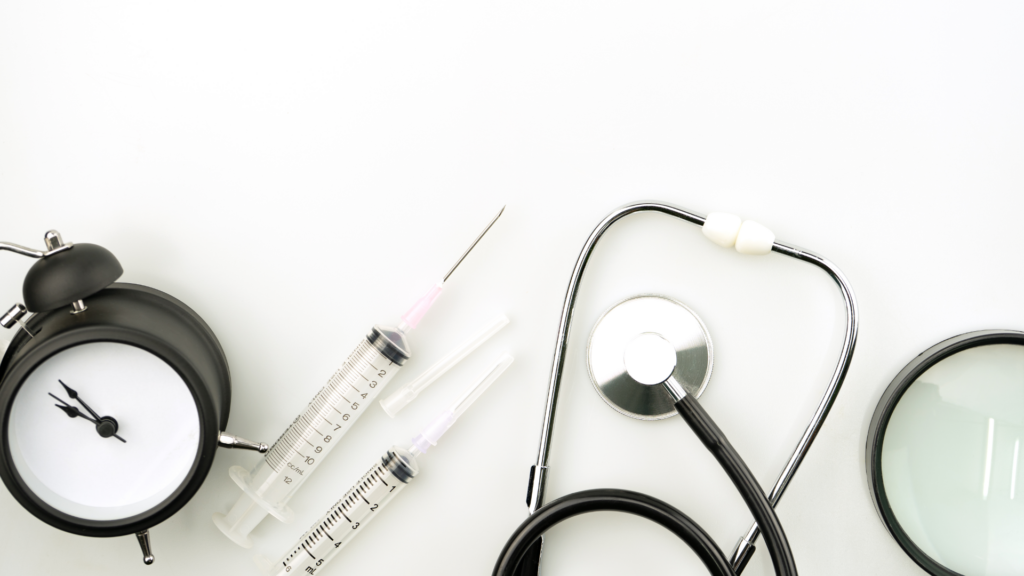
What is a point of focus during health inspections?
Health inspections play a crucial role in safeguarding public health and ensuring the safety of consumers. These rigorous evaluations are conducted by trained professionals to assess the compliance of businesses and facilities with established health and safety regulations. By identifying and addressing potential hazards, health inspections help prevent the spread of diseases, protect workers from workplace injuries, and maintain the integrity of products and services.
Purpose and Scope of Health Inspections
Health inspections are conducted in various settings, including restaurants, food processing facilities, healthcare institutions, manufacturing plants, and construction sites. The specific focus of an inspection varies depending on the type of establishment and the associated risks. However, some common areas of focus include:
Food Safety: Ensuring that food is properly handled, stored, and prepared to prevent contamination and foodborne illnesses.
Sanitation and Hygiene: Maintaining clean and sanitary conditions to minimize the spread of germs and infections.
Structural Integrity and Safety: Ensuring that buildings and equipment are in good condition and meet safety standards to prevent accidents and injuries.
Hazardous Materials Management: Proper storage, handling, and disposal of hazardous substances to protect workers and the environment.
Employee Safety: Ensuring that workplaces are free from hazards and that employees are provided with appropriate safety equipment and training.
Significance of Health Inspections
Health inspections serve several critical purposes:
1. Prevention of Disease Outbreaks: By identifying and addressing food safety violations, inspections help prevent the spread of foodborne illnesses, which can have severe consequences, especially for vulnerable populations.
2. Protection of Workers’ Health: Workplace inspections identify and address potential safety hazards, preventing injuries and illnesses among workers.
3. Maintenance of Product and Service Quality: Inspections ensure that products and services meet established safety and quality standards, protecting consumers from harm.
4. Promotion of Public Trust and Confidence: By enforcing health and safety regulations, inspections foster public trust in the quality and safety of products, services, and work environments.
Key Points of Focus During Health Inspections
Health inspectors carefully examine various aspects of a facility or operation, focusing on critical areas that pose potential risks to public health or worker safety. Some key points of focus during health inspections include:
1. Food Handling and Temperature Control: Inspectors observe food handling practices, ensuring proper hand hygiene, food storage temperatures, and separation of raw and cooked products.
2. Personal Hygiene and Sanitation: Inspectors assess the cleanliness of employees, their clothing, and the overall hygiene of the facility, including restrooms, work surfaces, and equipment.
3. Structural Integrity and Maintenance: Inspectors examine the facility’s structure, equipment, and tools for any potential hazards, such as damaged or malfunctioning equipment, slippery surfaces, or blocked exits.
4. Hazardous Materials Management: Inspectors review the storage, handling, and disposal practices for hazardous substances, ensuring compliance with regulations and proper training for employees.
5. Employee Safety Practices: Inspectors observe employee behavior and interactions, ensuring they follow safety protocols, use personal protective equipment, and report any hazards or injuries.
Role of Technology in Health Inspections
Technology has revolutionized the field of health inspections, providing inspectors with advanced tools to enhance their effectiveness. Mobile devices, tablets, and inspection software allow inspectors to collect data efficiently, record observations, and generate reports in real time. Additionally, the use of temperature probes, data loggers, and other monitoring devices provides more accurate and objective data on food handling practices and environmental conditions.
Conclusion
Health inspections play a vital role in protecting public health, worker safety, and the integrity of products and services. By identifying and addressing potential hazards and enforcing health and safety regulations, inspections contribute to a safer and healthier society. As technology continues to advance, health inspections will become even more efficient, comprehensive, and effective in safeguarding public well-being.
Leave a Reply
- AI in Diagnostics: Revolutionizing Early Detection and Accuracy
- How AI and Advanced Analytics Are Transforming Healthcare Outcomes
- Investing with Confidence: The Role of ROI Calculators
- How ROI Calculators Drive Data-Driven Business Strategies
- The Ultimate Guide to ROI Calculators for Business Success
- Making Sense of ROI Calculators: A Comprehensive Guide
- June 2025 (1)
- May 2025 (1)
- October 2024 (2)
- September 2024 (31)
- August 2024 (31)
- July 2024 (27)
- June 2024 (28)
- May 2024 (30)
- April 2024 (33)
- March 2024 (23)
- February 2024 (29)
- January 2024 (3)
- December 2023 (47)
- November 2023 (36)
- October 2023 (23)
- September 2023 (2)
- June 2023 (2)
- May 2023 (13)
- April 2023 (1)




